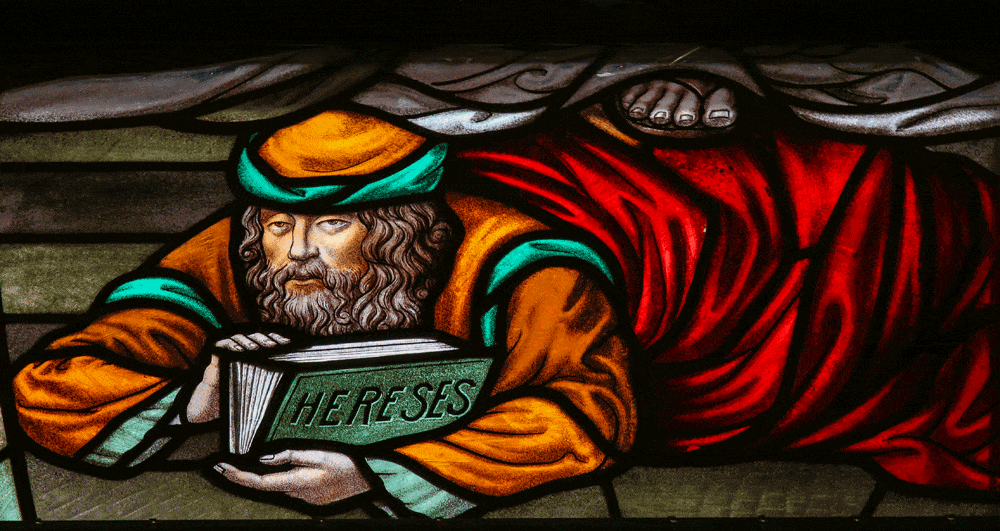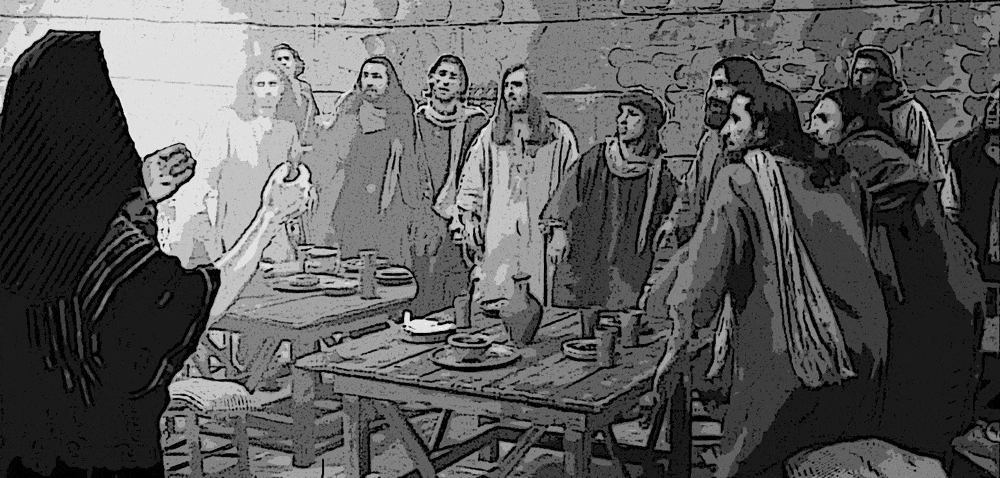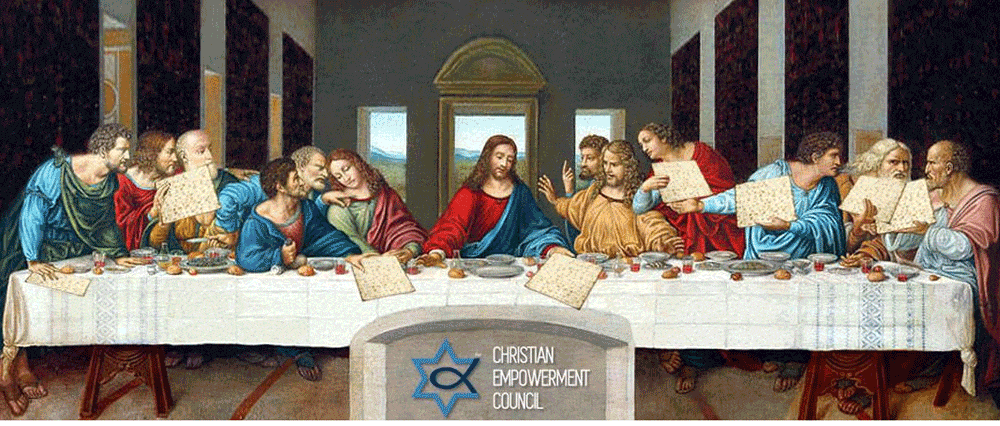The Bible story that the Jewish people read on the festival of Shavuot still has a contemporary ring. It concerns a Moabite woman named Ruth who was an undocumented foreign worker, an unasked-for and unwanted refugee. Ruth’s chronicle “demands we confront our uglier inclinations, and stop turning our backs on refugees in Israel,” according to an opinion piece in Israel’s Haaretz daily newspaper by Rabbi Landes, Director of the Pardes Institute of Jewish Studies in Jerusalem.
Shavuot is one of the Levitical spring festivals in Judaism that is celebrated in the Christian world as Pentecost. The holiday falls 50 days after Passover. According to Rabbi Landes, the holiday of Shavuot celebrates both the Giving of the Law, and the “back story” to the Davidic narrative. Ruth was the grandmother of King David. The theme of her story “can be construed as being about lovingkindness and/or about conversion – which are both true. But it’s fundamentally a messy story about an undocumented foreign worker, an unasked for and unwanted refugee.”
Therefore Ruth’s narrative is all too relevant concerning the current status of refugees in the modern State of Israel. Ruth comes to the Land of Israel with her Israelite mother-in-law Naomi and seeks work as a migrant. Yet Ruth the Refugee becomes so much a part of the fabric of the Israel nation that she is mentioned in the genealogy of Jesus, the Son of David, later in the New Testament.
Just recently Israel’s High Court has urged the Interior Ministry to employ “due process” in dealing with asylum requests. The Torah admonishes the people of God to do well by strangers and aliens. Ruth’s heartfelt plea has inspired hearts for millennia – “Your people will be my people, your God my God.”






Leave A Comment